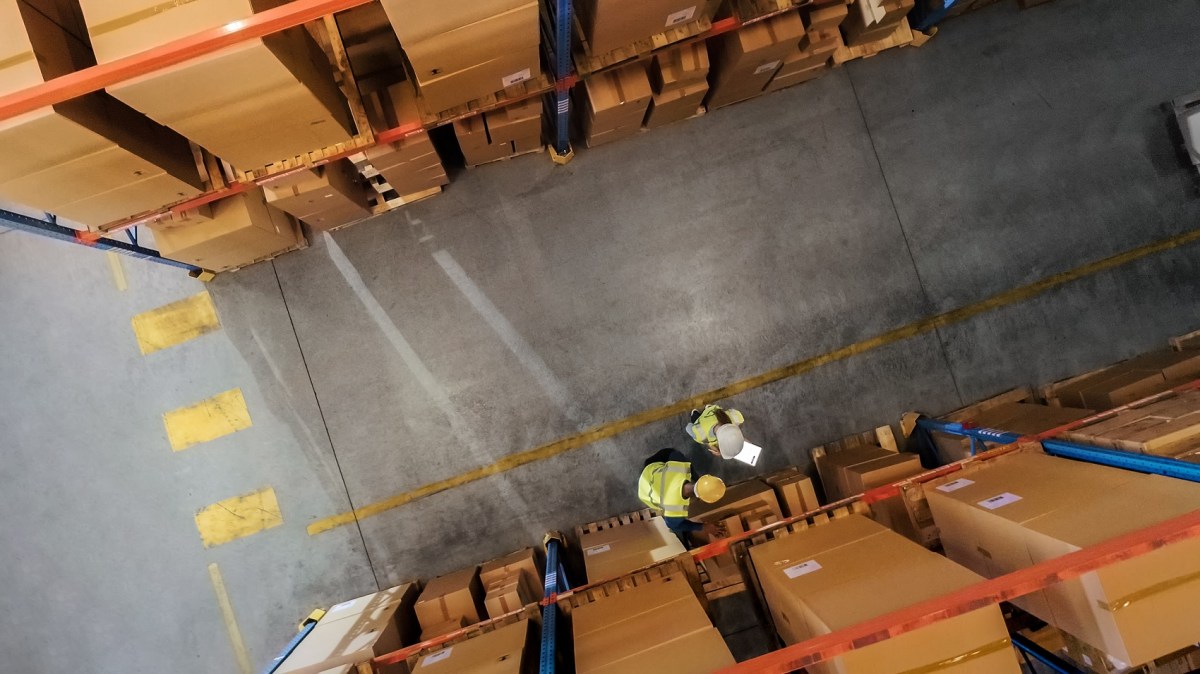The surge in online shopping is prompting many businesses to outsource their picking, packing and shipping activities to save money, achieve operational efficiencies and improve the customer experience.
According to Mal Siriwardhane, managing director of leading ecommerce enabler and third-party logistics provider, B dynamic Logistics, businesses need to take care when choosing the right logistics partner as fit, flexibility and capability are important aspects.
Siriwardhane has outlined his tips for businesses on how to choose the right logistics provider.
- References and business performance
Do your homework and seek out references and information about your preferred third-party logistics provider, according to Siriwardhane.
“It is important to assess the competency of the third-party logistics provider to be a partner for your business. A company with a passionate approach to customer service will provide you and your customers a great service,” he said.
“Read the customer reviews to get a good idea on how well the company has built and maintained their customer relationships, as well as logistics management. Explore how they address and resolve issues. Find out what their performance targets are like and their track record in meeting them. Targets and KPIs are critical when it comes to logistics and all providers should be transparent about these.”
- Scalability and adaptability
While a third-party logistics provider might have a full range of logistics and fulfillment services, your business might not need access to all of them right now or ever.
“The right provider understands the importance of creating a custom plan specific to your business needs and vision. As you grow and your needs change, your provider will be there to help accommodate your business’ expansion,” Siriwardhane said.
“Choose a provider that can handle both current and future volume of stock. Particularly if your industry experiences large fluctuations such as huge sales volumes over the holiday periods. Your provider needs to be able to cope with sudden surges or sales spikes. Service should never slip despite surges in demand.
“Also consider what type of customisation and flexibility the provider offers. The provider should be able to deliver complete end-to-end logistics for bespoke project-based requirements and their solutions should be fully customisable and tailored to match your needs.”
- Streamlined technological expertise
Your chosen third-party logistics provider should help your business streamline your processes and automate tasks. You should always ask these two questions of your provider. Firstly, how does their technology connect to your online store or existing software systems? And secondly, how will their software use your data optimally?
“Ideally, your chosen third-party logistics provider should have a cloud-based warehouse management system and electronic data interchange capabilities. Having a third-party logistics provider that is at the forefront of technological innovation will help you with your inventory management and order tracking,” Siriwardhane said.
“Large businesses often struggle to adapt to changes swiftly, which can negatively impact their business. Their existing supply chain often lacks the agility they need to solve these challenges.”
- Safety culture
Oftenwhen choosing a third-party logistics provider, the company will try to sell on their efficiency, competitive pricing and timeliness, but what about safety? This is rarely a selling point, according to Siriwardhane.
“When choosing a third-party logistics provider a good safety record should be a priority. This will come into play if goods are ever stolen, or a carrier is involved in an accident that damages your stock,” he said.
“Safety of the stock is critical for you to store your products at a third-party logistics provider’s warehouse. Safety of staff and visitors is paramount in the logistics industry. A provider with a good safety culture will ensure all employees, visitors and their business partners are safe and customer goods are in safe hands.”
- Inventory management
A good third-party logistics provider will offer an integrated warehouse management system. “Having access to the full suite of analytic and reporting tools gives companies control and invaluable insights into the business and operations. With a good inventory management system in place, you will even be able to identify potential issues before they become a problem, setting you ahead,” Siriwardhane said.
- Location
Many businesses start small but whether you stay small is another thing entirely. Are you limiting your potential by operating out of just one region?
“With the right third-party logistics partner, you could cast your nets much further and have access to more locations through a huge expansive network for fulfilment centres. This is especially important when you are selling your products to all parts of the country, or even overseas,” he said.
- Diversity and inclusion
This is an important issue for all businesses. Not only must our people be reflective of the community, we must also ensure that we offer opportunity and access for all.
“Choose a provider that is ethical and supports and promotes diversity and inclusion. Did you know that the logistics sector employs mostly men? Women make up only 2% of the workforce.”
- Innovation leaders
Third-party logistics is about finding the most efficient, ethical and sustainable way to deliver parcels to shoppers with the ability for them to have visibility over the whereabouts of the parcel at all times.
“To be the best at what we do, we must continually innovate with better technology, systems and capability. A provider that is always innovating is always trying to find ways of creating better service experiences to benefit businesses and their customers.”

